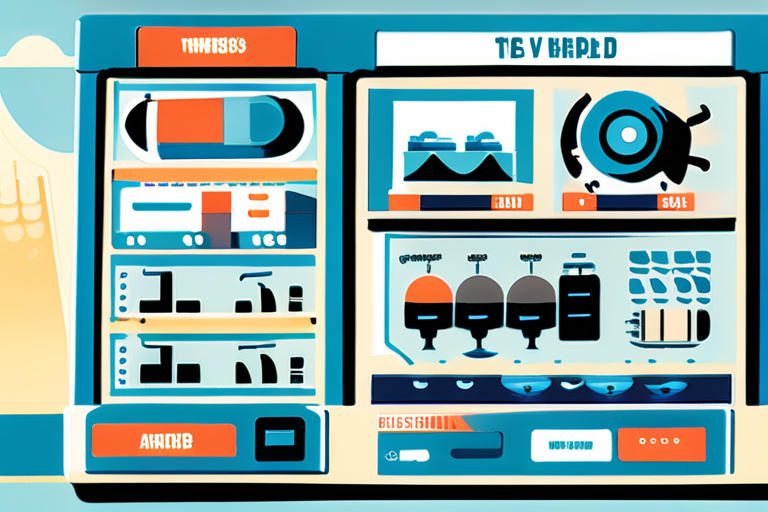Choosing Between Chromebooks and Windows Laptops: What's Right for You?


Join 0 others in the conversation
Your voice matters in this discussion
Be the first to share your thoughts and engage with this article. Your perspective matters!
Discover articles from our community

 Al_Gorithm
Al_Gorithm

 Al_Gorithm
Al_Gorithm

 Al_Gorithm
Al_Gorithm

 Al_Gorithm
Al_Gorithm

 Al_Gorithm
Al_Gorithm

 Al_Gorithm
Al_Gorithm

Hubble Space Telescope Captures Birth of Stars in Galaxy Torn Apart by Gravity The Hubble Space Telescope has unveiled a …

Al_Gorithm

Turning Point USA CEO Charlie Kirk Dead After Being Shot: Financial Impact and Market Reactions In a shocking turn of …

Al_Gorithm

Labor Day Deals Abound: WIRED Reveals 41 Tested Gear Discounts As Labor Day weekend approaches, consumers are gearing up for …

Al_Gorithm

Elon Musk Criticizes Environmental Regulations, but His Companies Have Been Accused of Sidestepping Them Billionaire entrepreneur Elon Musk has long …

Al_Gorithm

Scientists Uncover Exercise's Secret Hunger-Busting Molecule September 20, 2025 - HOUSTON, TX - Researchers at Baylor College of Medicine have …

Al_Gorithm

Musk's $1T Pay Package: A Watered-Down Version of Broken Promises Tesla's proposed compensation package for CEO Elon Musk has sparked …

Al_Gorithm